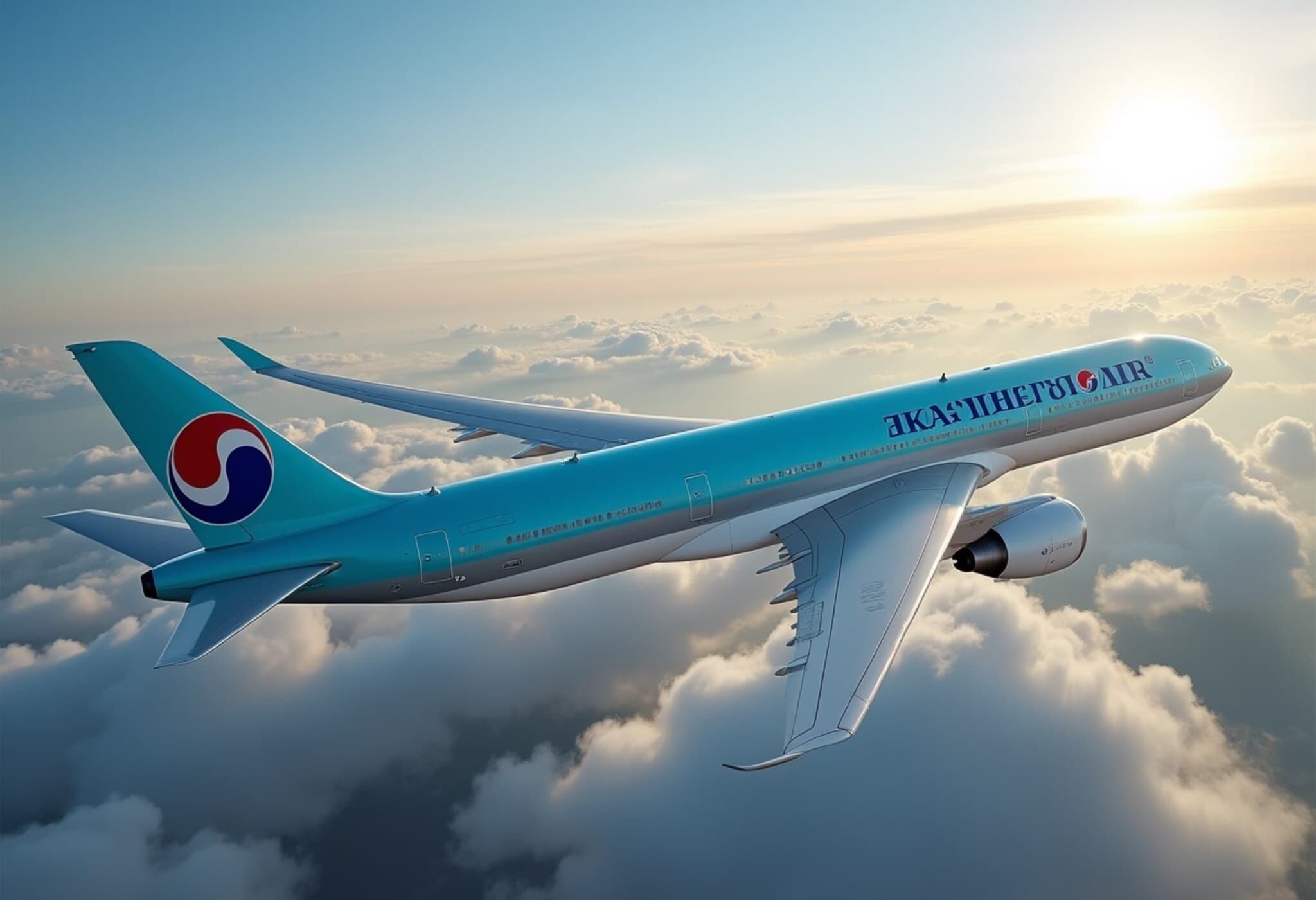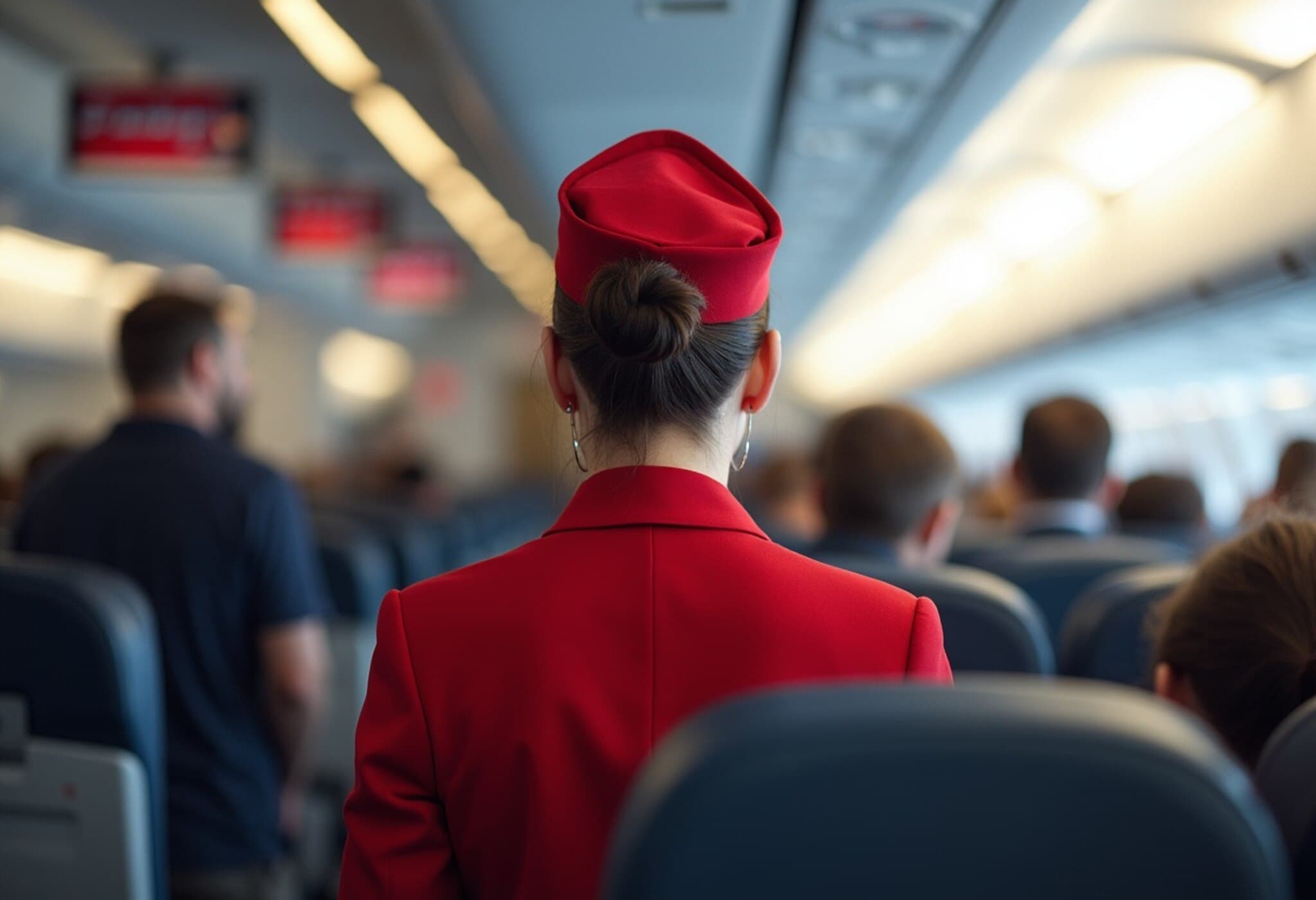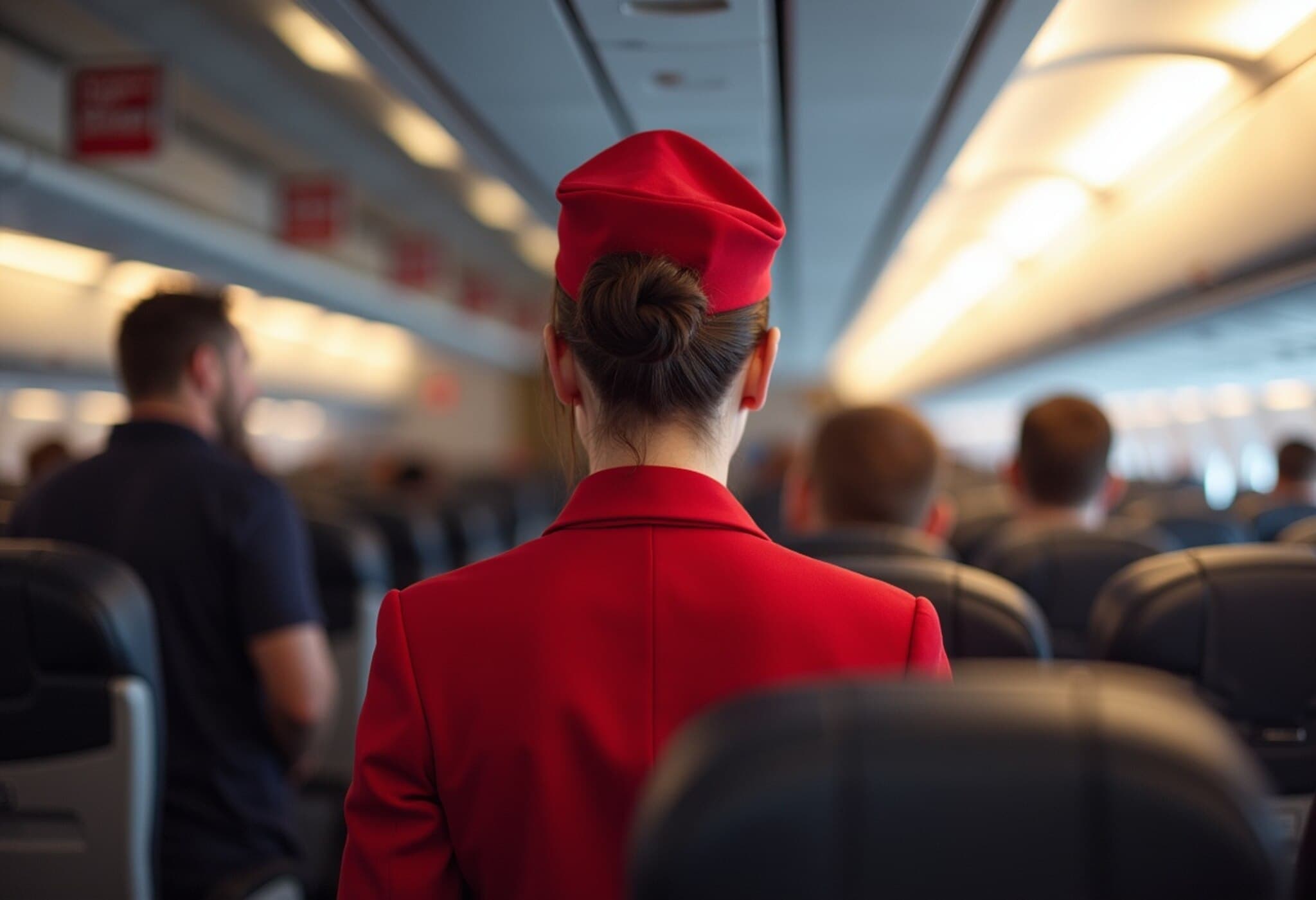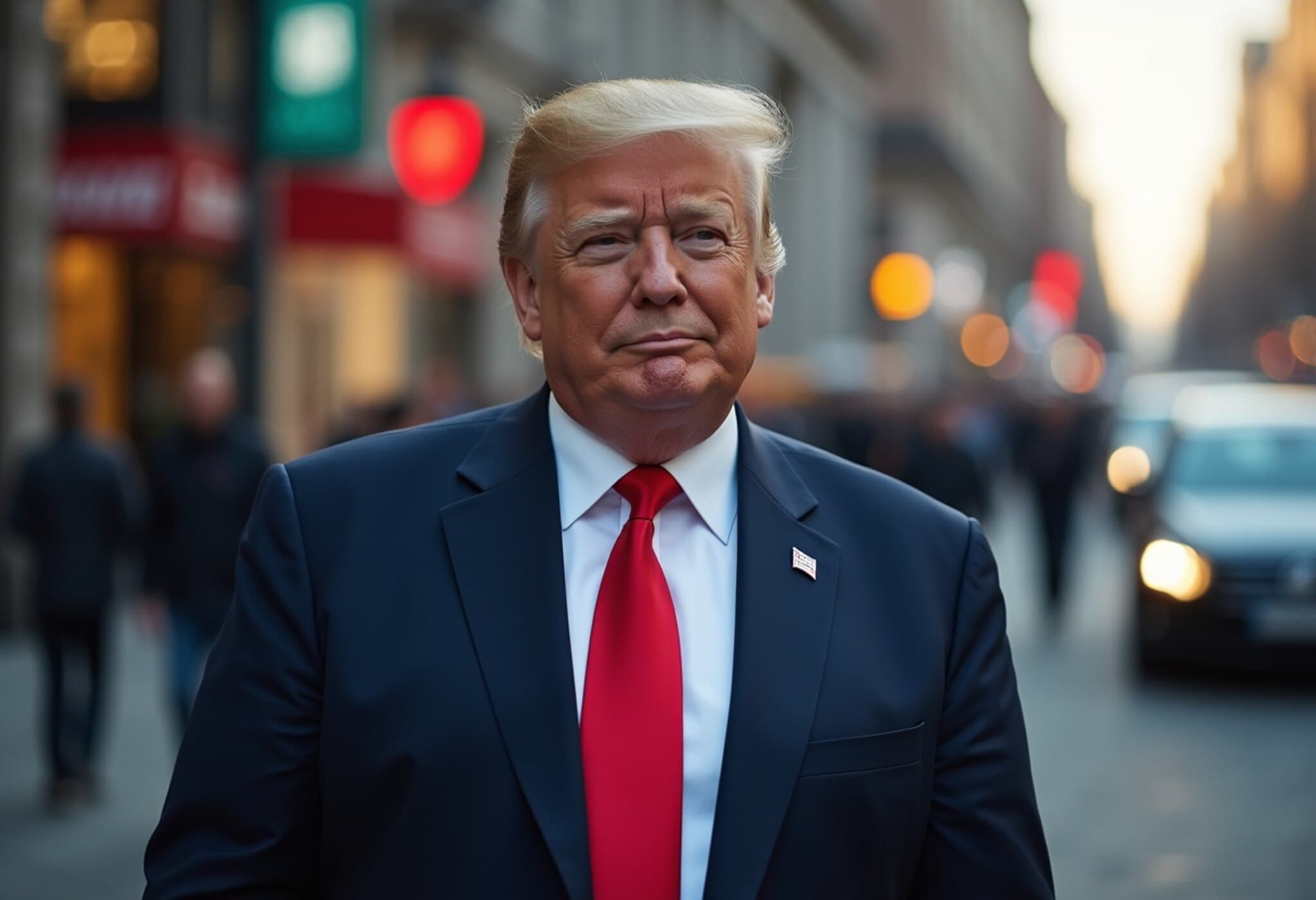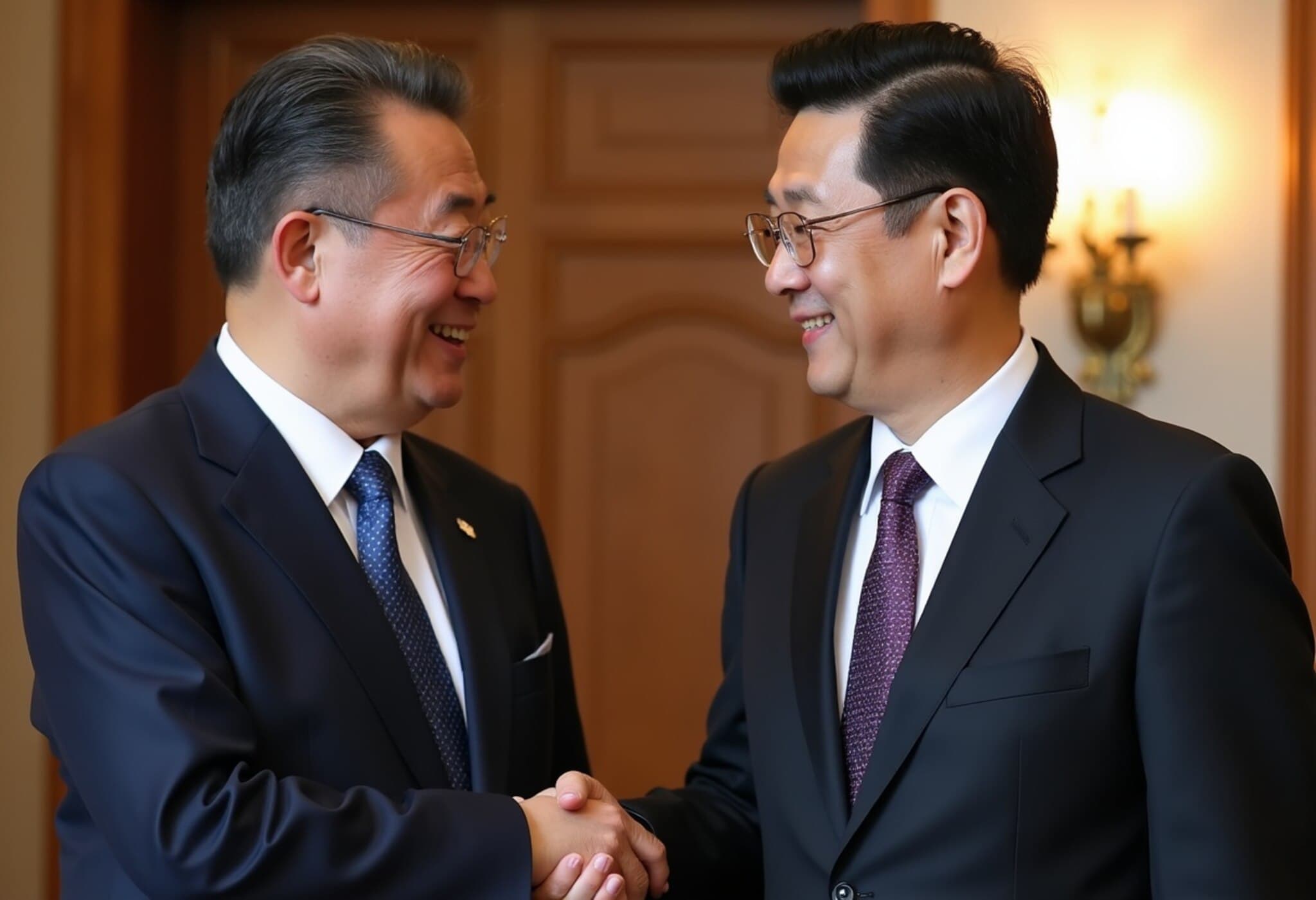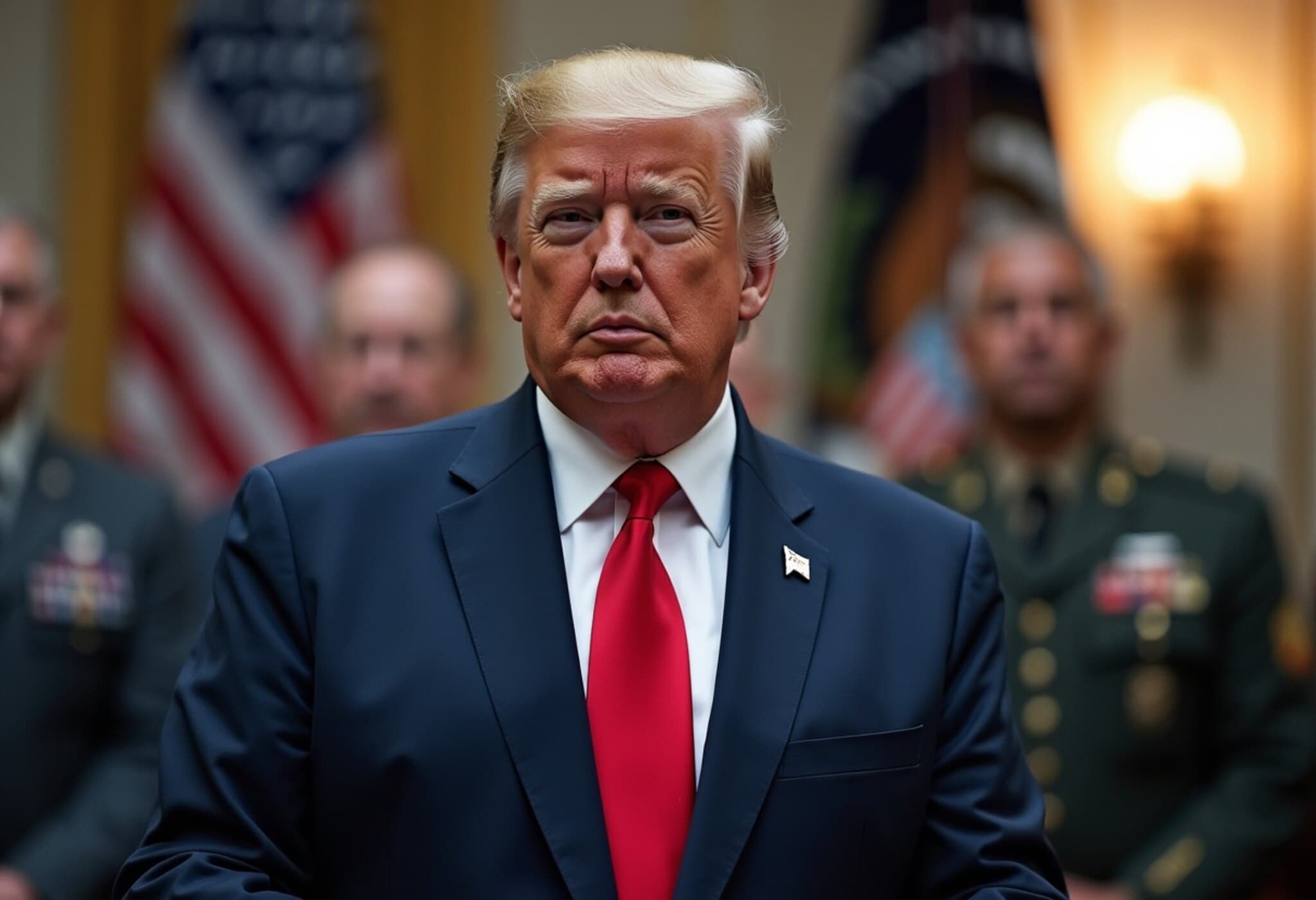Korean Air Signs Landmark $50 Billion Aircraft Purchase During Trump-Lee Summit
In a significant moment underscoring the deepening economic relationship between the United States and South Korea, Korean Air announced its largest-ever aircraft order, valued at over $50 billion, during President Lee Jae Myung's state visit to Washington, D.C. on August 26, 2025.
The deal, reported by Reuters and The Associated Press, includes the acquisition of 103 Boeing jets comprised of Boeing’s most advanced models—777s, 787s, and 737s. This expansive purchase not only marks a milestone in Korean Air’s fleet expansion but also signals an intertwined diplomatic and commercial partnership between Seoul and Washington.
Executive Leadership and Political Figures Convene for Deal Signing
The announcement took place in a ceremony graced by prominent figures such as Korean Air’s Chairman and CEO Walter Cho, Boeing Commercial Airplanes’ chief Stephanie Pope, and U.S. Commerce Secretary Howard Lutnick. The high-profile attendance reflected the strategic importance of this collaboration, casting the aircraft purchase as a symbol of enduring bilateral cooperation in trade and technology.
Parallel Agreement with GE Aerospace Bolsters Operational Reliability
Complementing the aircraft order, Korean Air secured a sizeable partnership with GE Aerospace valued at approximately $13.7 billion. This package includes 19 spare engines and a 20-year maintenance contract, essential for the long-term reliability and efficiency of their growing fleet.
Industry analysts interpret this dual agreement as a forward-looking strategy to enhance Korean Air’s competitiveness internationally while deeply integrating advanced American aerospace technology and support.
Reequipping Asiana Airlines: A Step Toward Consolidation
Insider insights suggest that part of the Boeing order is earmarked for updating Asiana Airlines’ fleet, which is undergoing integration with Korean Air. Earlier this year, South Korea’s Ministry of Trade, Industry, and Energy hinted at a potential deal exceeding $32 billion that centers on Boeing and GE equipment, aligning with Monday’s announcement.
Broader Implications: Economic Diplomacy Meets Commercial Ambitions
This landmark deal comes against the backdrop of a series of substantial Boeing contracts tied to nations engaging with the Trump administration, suggesting that the aircraft purchases serve dual commercial and diplomatic purposes.
Korean Air framed the order as a strategic investment into the U.S. market, designed to solidify its global expansion efforts and enhance the company’s competitive edge over the next decade. With deliveries stretching through 2030, the agreement promises to cement a durable economic bridge between South Korea and the United States.
Founded in 1969, Korean Air stands today as South Korea’s largest airline, poised to leverage this fleet enhancement to carve out a stronger position on the international stage, while sending a clear message about the intertwined fates of U.S.–South Korea commerce.
Expert Perspective
From a policy analysis standpoint, this deal exemplifies the strategic use of economic instruments in diplomacy. For the U.S., securing large-scale aerospace deals helps sustain its manufacturing base and high-value jobs, while for South Korea, it’s a critical step in modernizing national carriers and supporting export-driven growth. Moreover, it raises important questions about supply chain resilience and the geopolitical dimensions of aerospace technology transfer in an era of global competition.
Summary & Future Outlook
- Korean Air’s $50 billion order is its largest to date, signaling a major fleet modernization push.
- The accompanying $13.7 billion GE Aerospace agreement ensures long-term maintenance and operational continuity.
- The transaction also reflects broader U.S.–South Korea diplomatic ties and geopolitical strategy.
- Portions of the order will rejuvenate Asiana Airlines as it integrates into Korean Air.
- This deal exemplifies how commercial aerospace transactions intertwine with economic statecraft in the 21st century.
Editor’s Note
While headlines focus on the impressive dollar figures and diplomatic pomp, the Korean Air-Boeing agreement invites deeper reflection on the implications for the global aviation industry, supply chain dynamics, and U.S.-Asia geopolitical relations. How will this shape future aerospace innovation? What does it mean for regional competition in East Asia? And how will such flagship deals influence the broader balance of economic influence between major powers? These are questions worth watching as deliveries commence over the coming decade.

